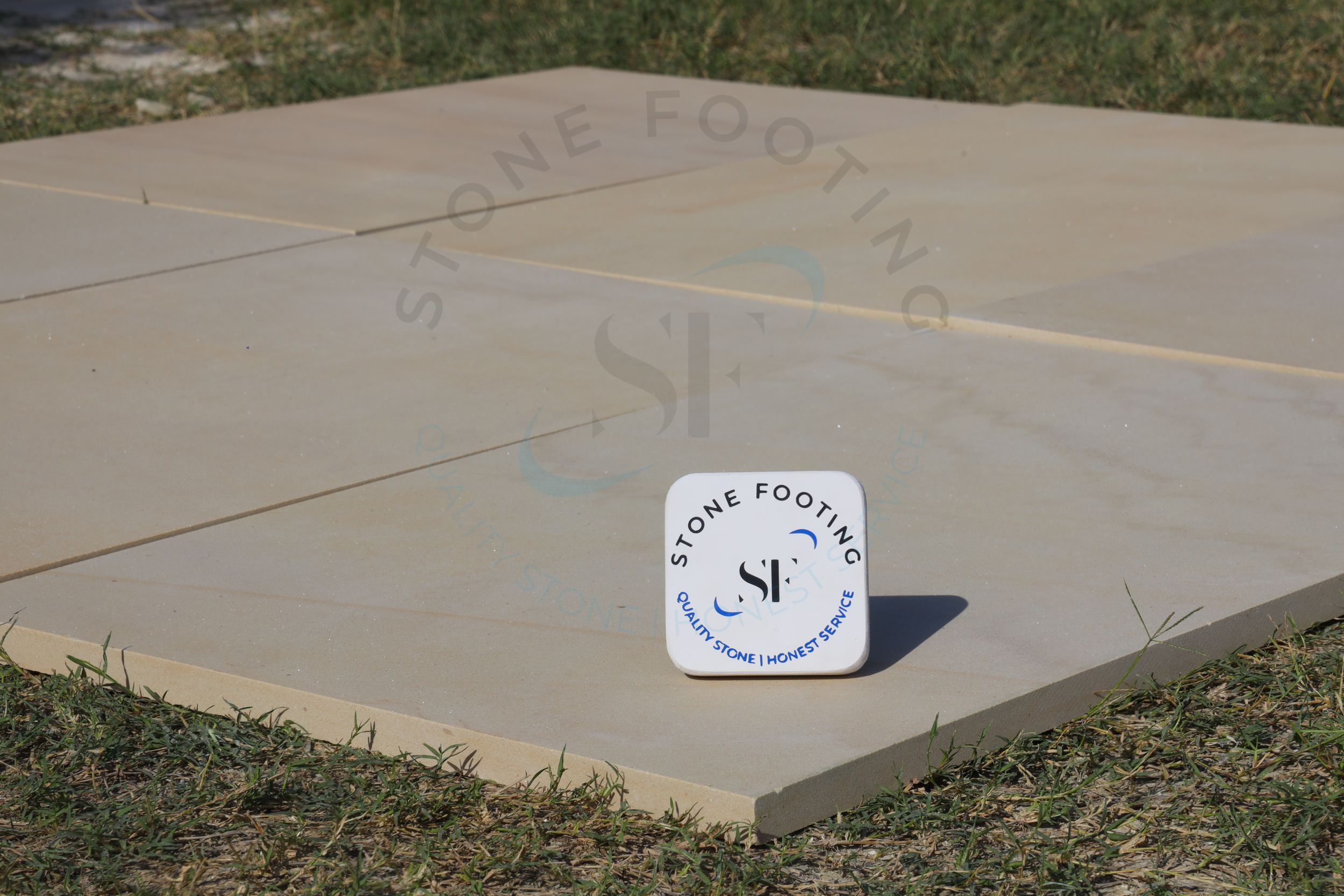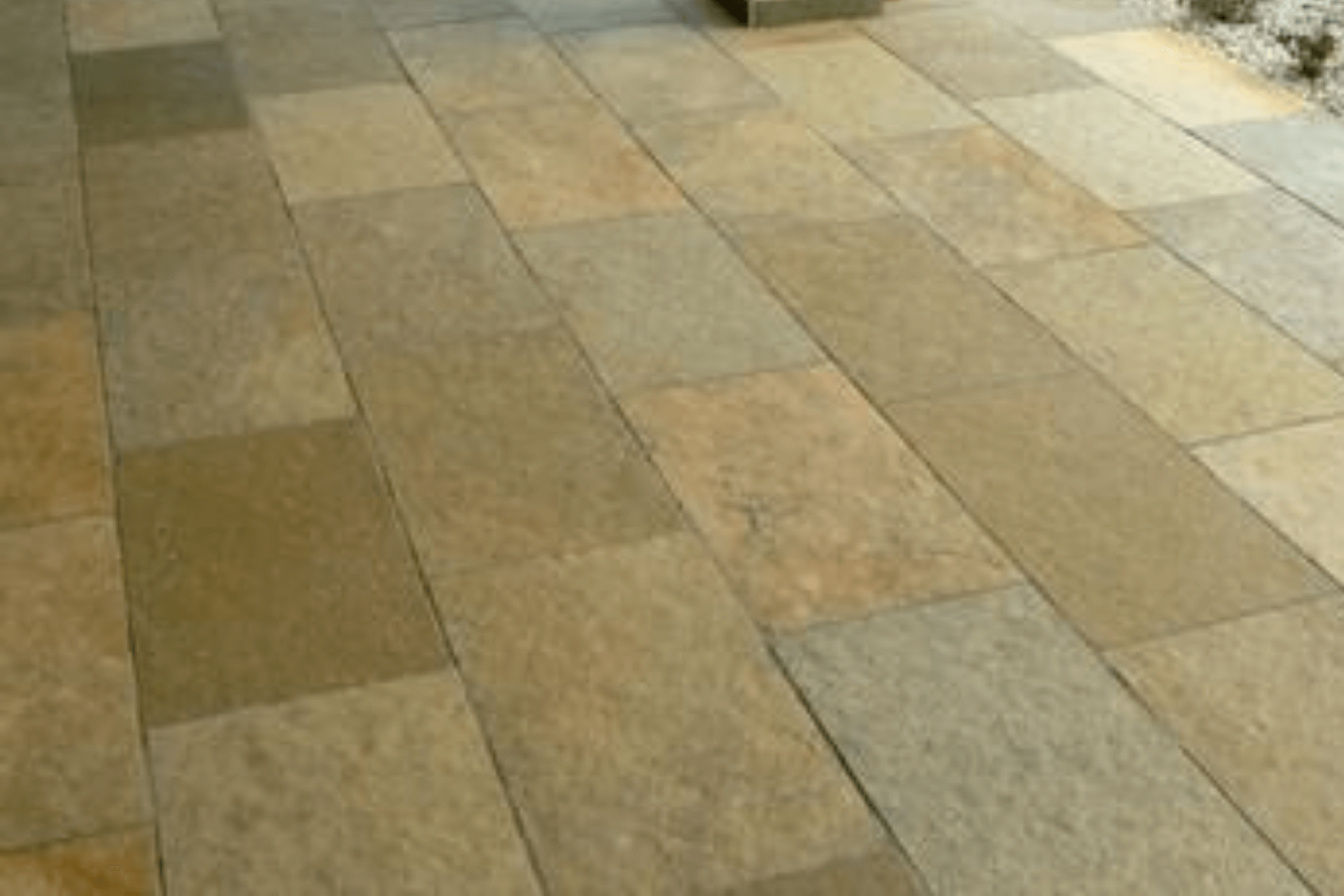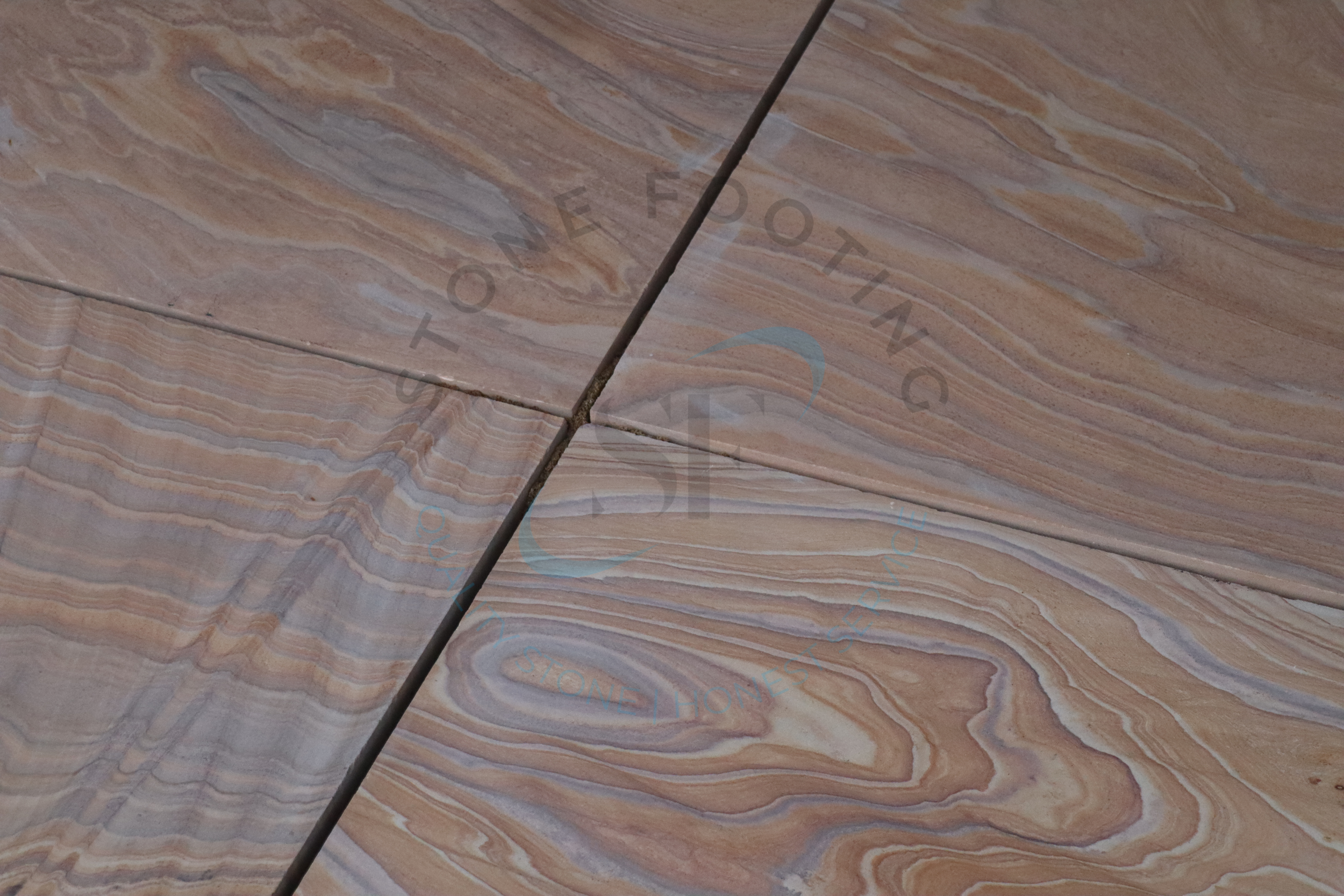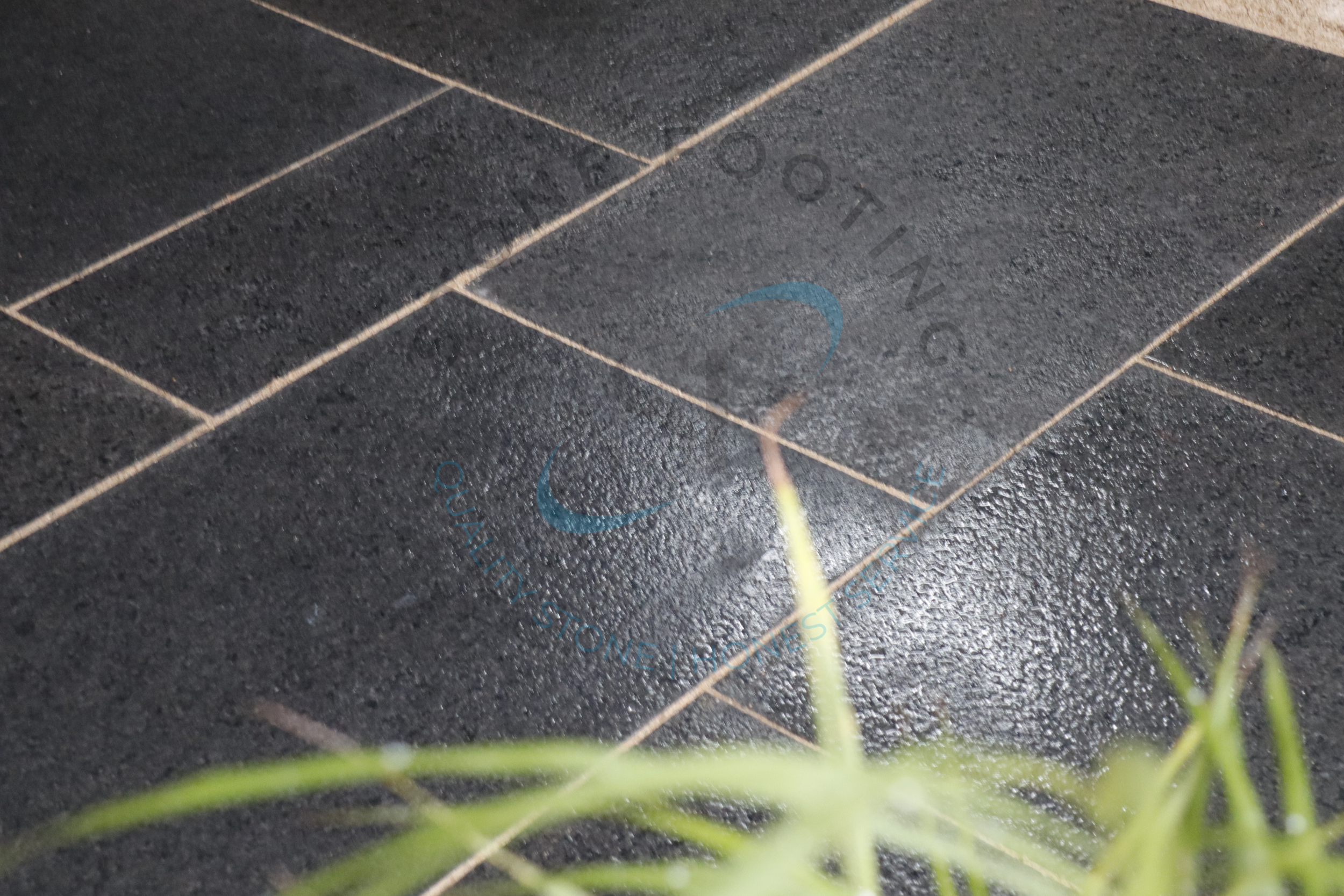Advantages and Disadvantages Of Limestone Paving
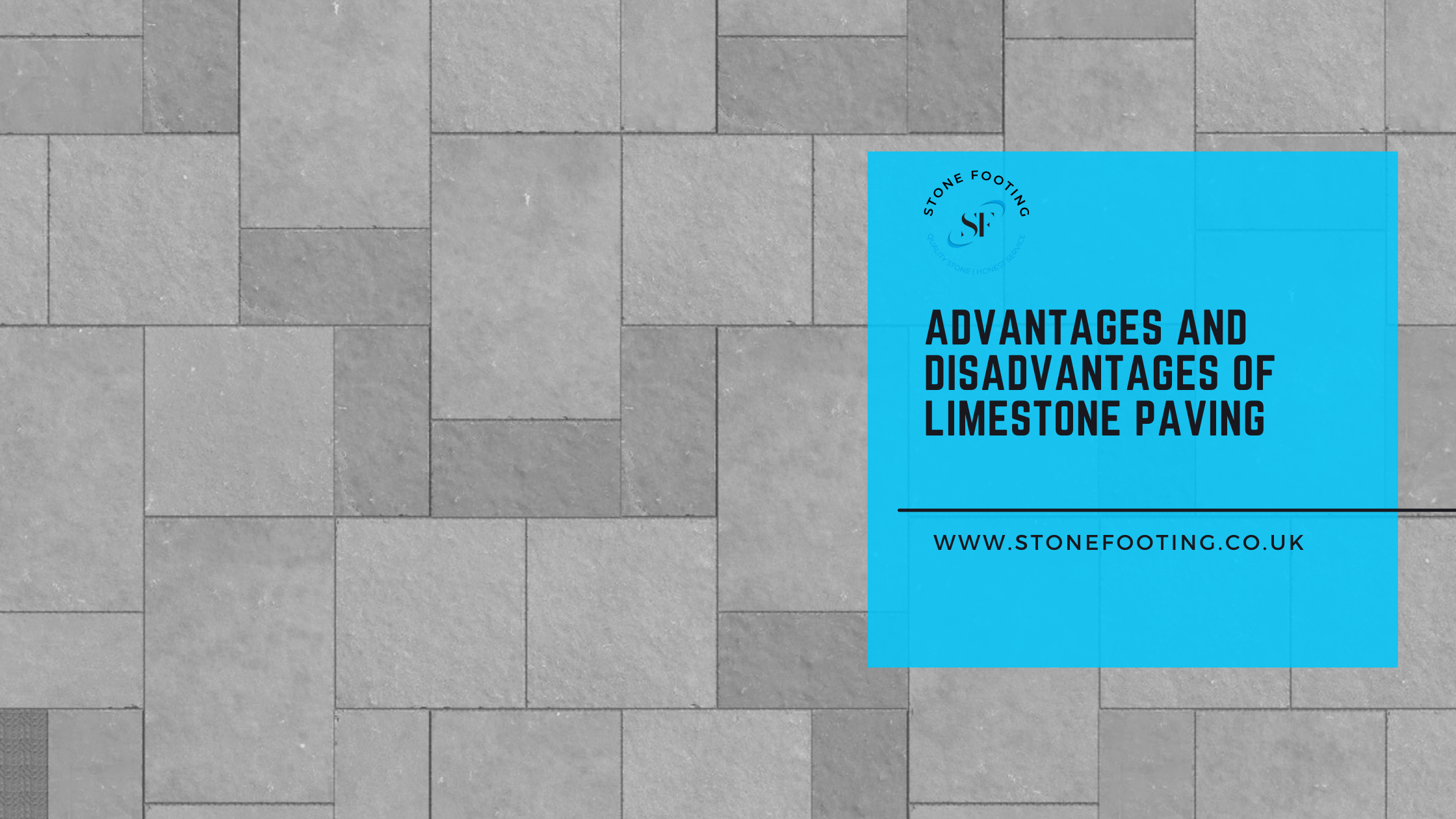
Limestone is a sedimentary stone made primarily of calcite that forms spontaneously. Limestone takes several years to build beneath the earth’s surface due to tremendous pressure. Unlike any other stone, limestone has its own set of characteristics, making it a popular choice for a variety of building and landscaping applications.
Further. Limestone pavement is an excellent choice for outdoor features such as pool surrounds, terraces, and other similar structures. It’s also great for indoor spaces like hallways and restrooms in workplaces and houses. Limestone tiles are ideal for damp places since they are non-slip and absorb water fast, allowing them to dry faster. Limestone pavers vary in appearance somewhat, giving each application a unique aesthetic.
Mentioned below are some of the advantages and disadvantages of limestone paving that might prove helpful to you when considering purchasing the same.
Advantages and Disadvantages Of Limestone Paving
Advantages
Applications
Limestone is a strong and long-lasting natural stone. The construction business benefits greatly from this, and it has been so for many years. This limestone is frequently used in architectural and landscape projects. Paving is used in a variety of places, including the driveway, pool area, walkaway, patio, footpath, courtyard, stepping stones, landscaping, and even verandas.
Color Variations
Because these stones are so vivid, many people now use them in their bathrooms, dining rooms, and kitchens. You may pick from a variety of limestone colors for your landscaping, including pitch green and light beige, and these stones can add to the attractiveness of your property’s façade. Limestone paving slabs have a natural appearance and blend well with gardening equipment and other natural features.
Sustainability
Limestone paving slabs are more ecologically friendly and sustainable than concrete pavers. Of course, there are production expenses, as well as transportation and other factors to consider when shaping, packaging, and transporting limestone, but they pale in comparison to the pollution, energy, and carbon footprint of made concrete goods.
This is something that happens naturally. Limestone paving is one of the most environmentally friendly construction materials on the globe, since its resources are enormous, numerous, and date back millions of years.Also, limestone is a naturally occurring substance that may be recycled and utilized as reclaimed pavement.
Visual Appeal
Whether you’re putting limestone paving slabs on a business property or a residential house, there’s no doubt that using natural stones rather than concrete will boost your curb appeal. Limestone landscaping is significantly more cost-effective than concrete landscaping, and when compared to concrete, limestone will always add more value to your home.
Disadvantages
Costing And Installation
There are certain disadvantages to installing a limestone paving slab in your home. Limestone is an extremely costly material. It is really tough to set up. As a result, it should only be installed by specialists with extensive knowledge in this industry. Installation fees may be rather expensive, depending on the job’s intricacy and scale. It’s also a hefty natural stone that’s tough to move around.
Staining
This condition is also known as ‘limestone discolouration.’ It is such an unwelcome sight on any ornamental stone, whether it is a general or localized staining. Staining on limestone is caused by many forms of organic and inorganic oils that limestone absorbs, incorrect types of dyes and inks, organic substances such as leaves, animal droppings, flowers, metals that create rust. For limestone surfaces, you should be cautious about the paint and color you use. Cleaning agents for limestone should also be acceptable. You should clear organic materials as regularly as possible.
Minimal Longevity
Limestone paving slabs have middling durability when compared to other stones such as marble. Although it isn’t as hard as other stones, it is still an excellent choice for flooring and even outdoor tiles. When compared to wood, porcelain, and vinyl, it is extremely durable. If you take care of your limestone, it will last a long time and provide you with the rich beauty you desire in or around your home.
Weight Management
Limestone is a powerful framework, and the tiles are even heavier, especially if they are bigger. They should be managed with caution so that they do not break, or shatter. Because of their weight, they frequently require expert installation, and shipping can be difficult. This, however, has no bearing on their use, aesthetic appeal, or functionality.
So, If you want to learn more about the advantages and disadvantages of limestone paving, talk to the experts at Stone Footing. At Stone Footing, the leading wholesaler of Limestone with all possible finishes at best prices, we provide our customers personalized choices based on thicknesses, shape, and appearance. We also maintain track of comparisons and timely shipments. In fact, various tests are done prior to final shipping, so that our clients do not have to worry about transportation or reliability difficulties.
Frequently Asked Questions
Is limestone suitable for use in paving?
Limestone is a pavement stone that is smooth and flat. It’s a great choice for driveways, walks, and patios because of this. It does, however, perform nicely in protected outside settings like courtyards. During a rainstorm, limestone paving absorbs very little water.
When it comes to limestone paving, how long does it last?
It can endure harsh exposure, and all of our limestone paving comes with a 12-month warranty, so you’re protected in the unlikely case of any issues.
Is it necessary to seal your limestone paving?
You don’t have to seal your stone, although it’s a good idea with limestone. Limestone performs poorly when compared to other stone varieties due to its predominantly carbon-based chemical composition.

